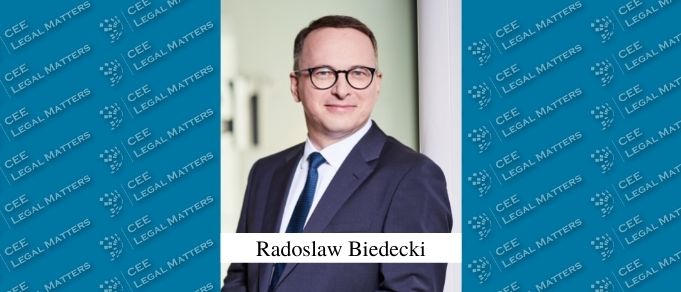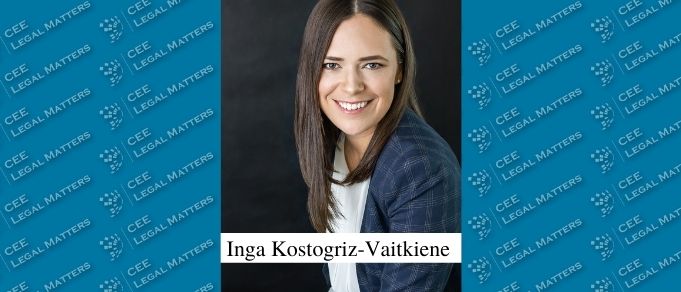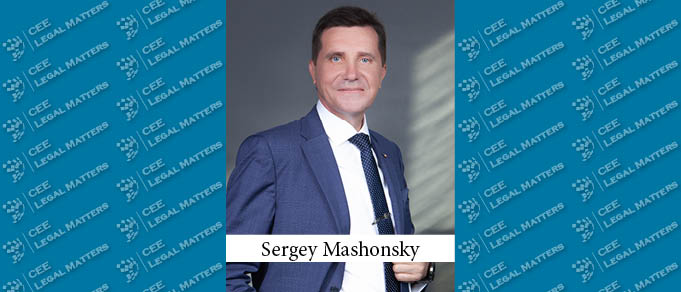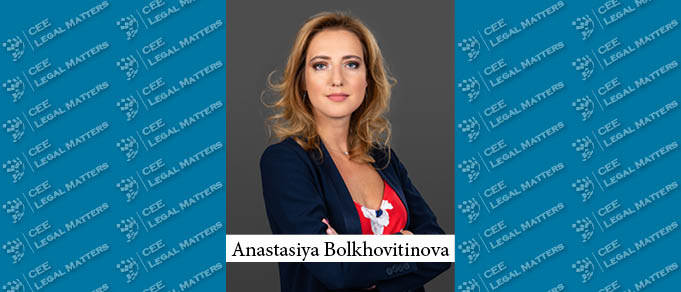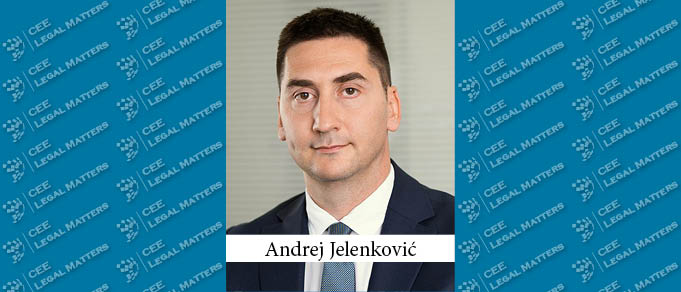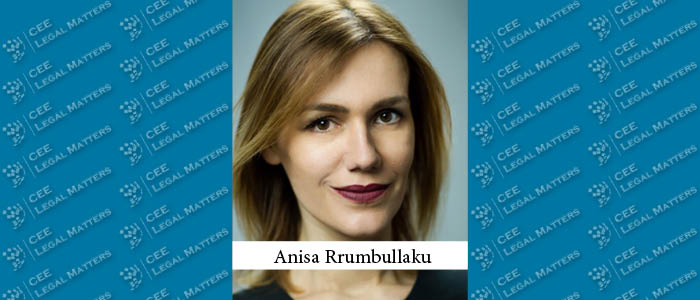YES - In its previous case law, the court has recognised the importance of hyperlinks for the operation of the World Wide Web and for freedom of speech. On these grounds, the European Court of Justice (ECJ) generously allowed the use of links to make third-party content accessible via one's own website.
The Buzz in Poland: An Interview with Radoslaw Biedecki of Noerr
The Polish economy has recovered quickly following the lifting of COVID-19 restrictions and the number of transactions is fairly consistent across various industries, reports Radoslaw Biedecki, Partner at Noerr in Poland. The country is pushing for further digitalization of its public services, but draft legislation on media ownership has him concerned.
The Buzz in Lithuania: An Interview with Inga Kostogriz-Vaitkiene of CEE Attorneys
Inga Kostogriz-Vaitkiene, Partner at CEE Attorneys in Lithuania, reports that her country’s economy is doing quite well at the moment and that additional regulation ensures the public procurement system will become greener. She also notes that there are two controversial laws in the pipeline related to cannabis use and LGBTQ+ rights.
The Buzz in Belarus: An Interview with Sergey Mashonsky of Arzinger
According to Sergey Mashonsky, Senior Partner at Arzinger Law Offices in Belarus, his country is struggling to find economic balance amid the pandemic and the international sanctions. He reports that certain sectors, such as forestry, are doing well, while some others, such as the food packaging industry, have been negatively impacted in recent times.
The Buzz in Ukraine: An Interview with Anastasiya Bolkhovitinova of Kinstellar
Despite the recent escalation of the conflict in Eastern Ukraine and its negative impact on business in the country, Anastasiya Bolkhovitinova, Counsel at Kinstellar, says that telecommunications and IT have been on the rise, and significant legal changes were introduced on tech incentives, foreign direct investment, capital markets, and agricultural land.
New Law on Electronic Invoicing
The Law on Electronic Invoicing entered into force on 7 May 2021 (“Official Gazette of the RS“, no. 44/2021). It obliges public and business entities to use the system of electronic invoices for issuing, sending, receiving and storing electronic invoices. On July 9 2021, the government adopted a set of bylaws necessary to implement the law.
Romania: The Close Link Between GDPR Compliance and Cyber Security Breaches Is Often Disregarded
The close relationship between data protection and cyber security results from Art. 5 of the European Union’s (EU) General Data Protection Regulation (“GDPR”) which outlines one of the most important principles relating to processing of personal data: “integrity and confidentiality”.


